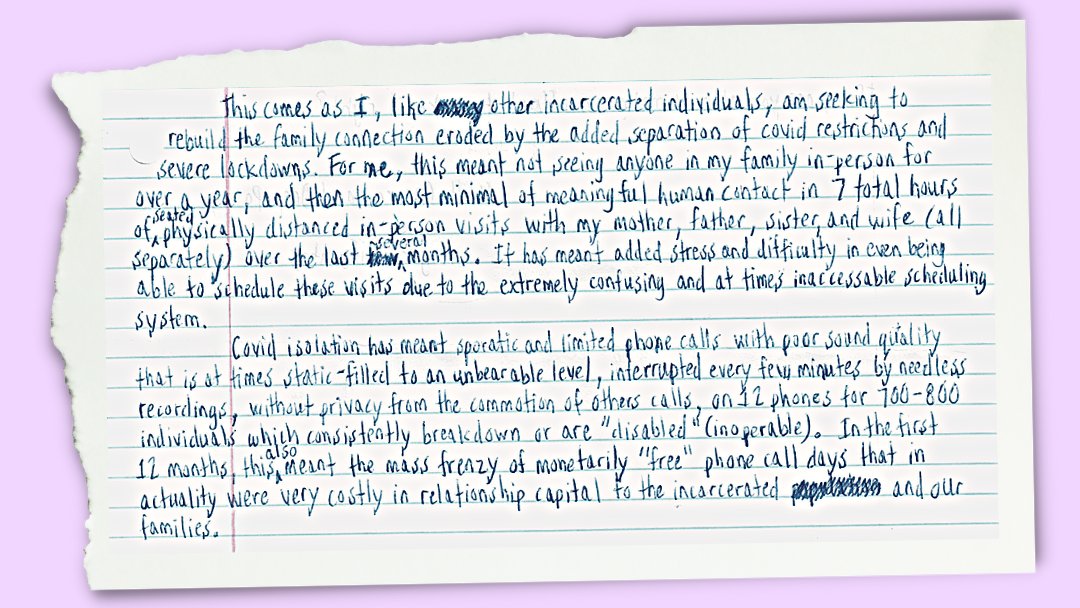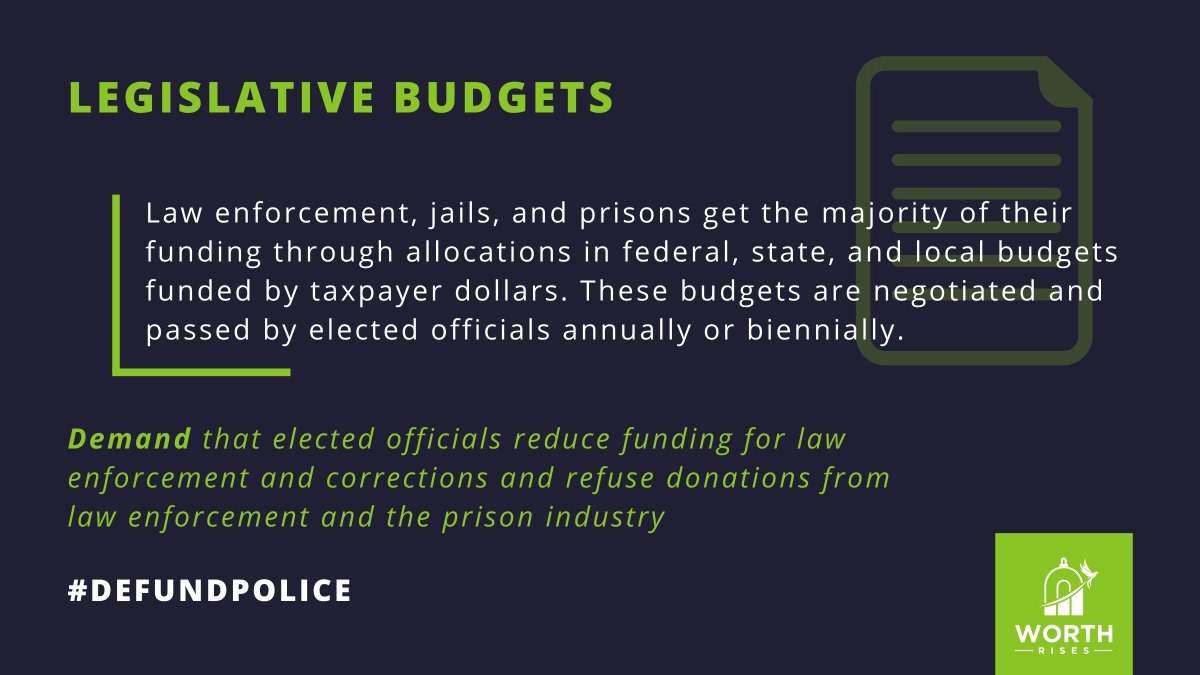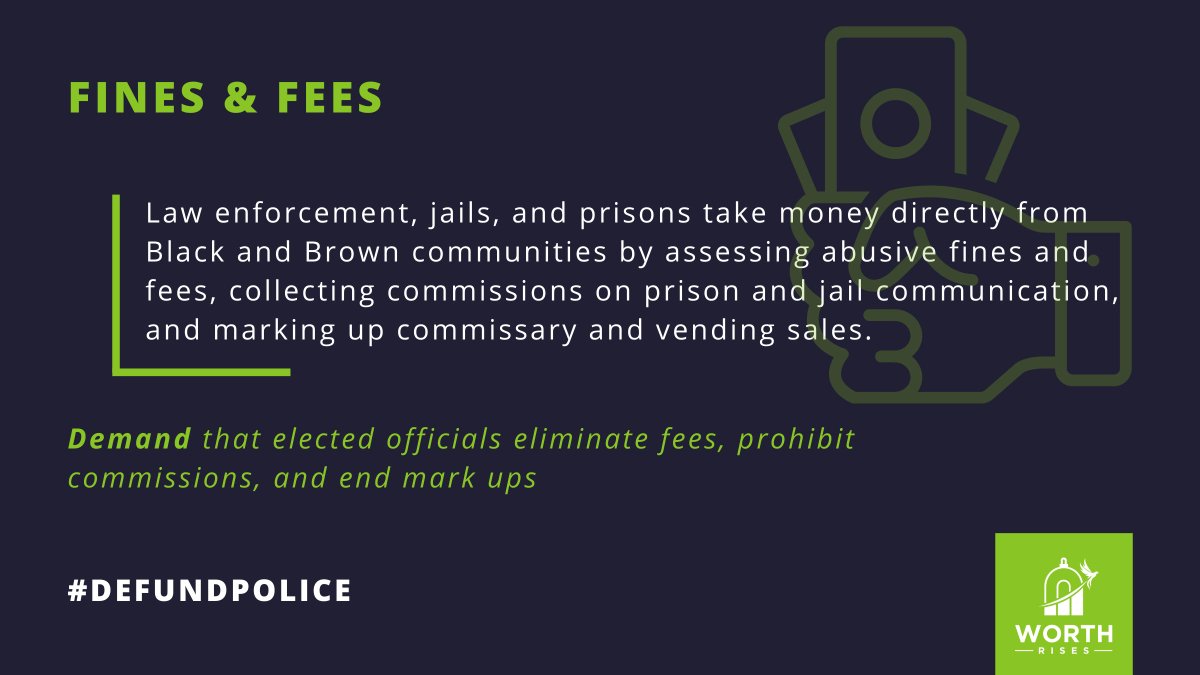
“I am writing to your company, Global Tel Link, but I seek to appeal to a human being. How you have treated me and my family...through your business practices has caused us great harm.” - Miguel, San Quentin
Read this powerful letter to @GTLCorporate & @AmerSecurities. THREAD
Read this powerful letter to @GTLCorporate & @AmerSecurities. THREAD

Miguel hasn’t seen his family for more than a year.
“Covid isolation has meant sporadic and limited phone calls with poor sound quality that are... interrupted every few minutes by needless recordings, without privacy... and on 12 phones for 700-800 individuals.”
“Covid isolation has meant sporadic and limited phone calls with poor sound quality that are... interrupted every few minutes by needless recordings, without privacy... and on 12 phones for 700-800 individuals.”

“There seems to be a constant lack of feeling, care, compassion, or even common sense business practices within this traditional prison industrial complex model... With concern and deep pain, Miguel.”
Unfortunately, he’s not the only one with this experience…
Unfortunately, he’s not the only one with this experience…

Predatory telecom corps like @GTLCorporate & @SecurusTech are using the pandemic to prey on desperate families and enrich their investors. In fact, their businesses are booming.
truthout.org/articles/telec…
truthout.org/articles/telec…
If you or your loved one has had an experience like Miguel’s, please share your story below. @GTLCorporate & @SecurusTech may not listen, but we will, and together we can create change. #PrisonPhoneJustice connectfamiliesnow.com/tell-your-story
• • •
Missing some Tweet in this thread? You can try to
force a refresh







